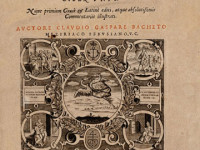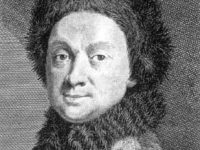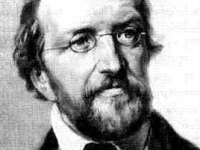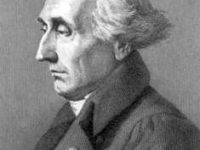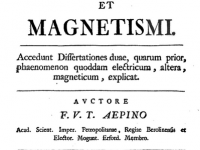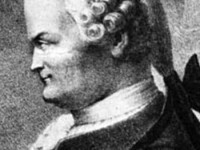Diophantus of Alexandria – the father of Algebra
Probably sometime between AD 201 and 215, Alexandrian Greek mathematician Diophantus of Alexandria was born. He is often referred to as the father of algebra. He is the author of a series of books called Arithmetica, many of which are now lost, which deal with solving algebraic equations. Diophantus was the first Greek mathematician who recognized fractions as numbers; thus he allowed positive rational numbers for the coefficients and solutions. The name…
Read more

